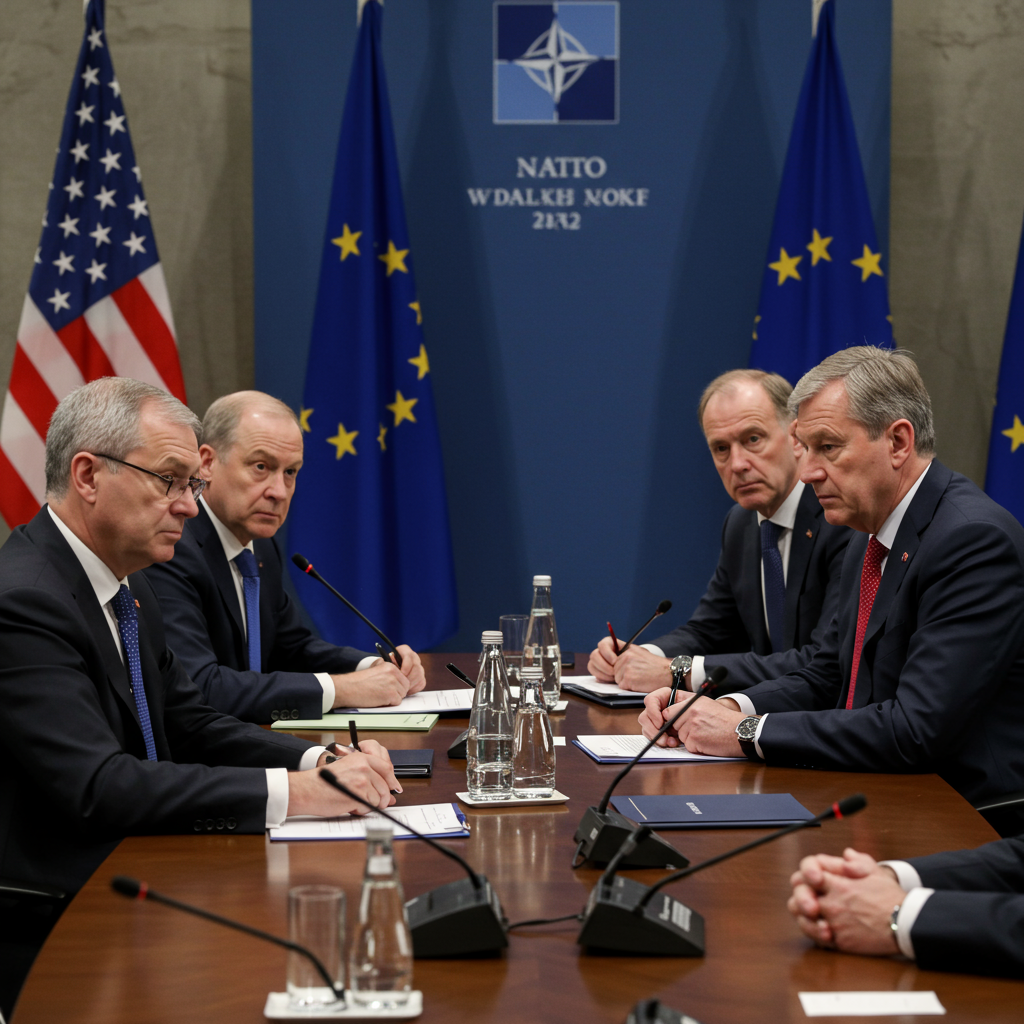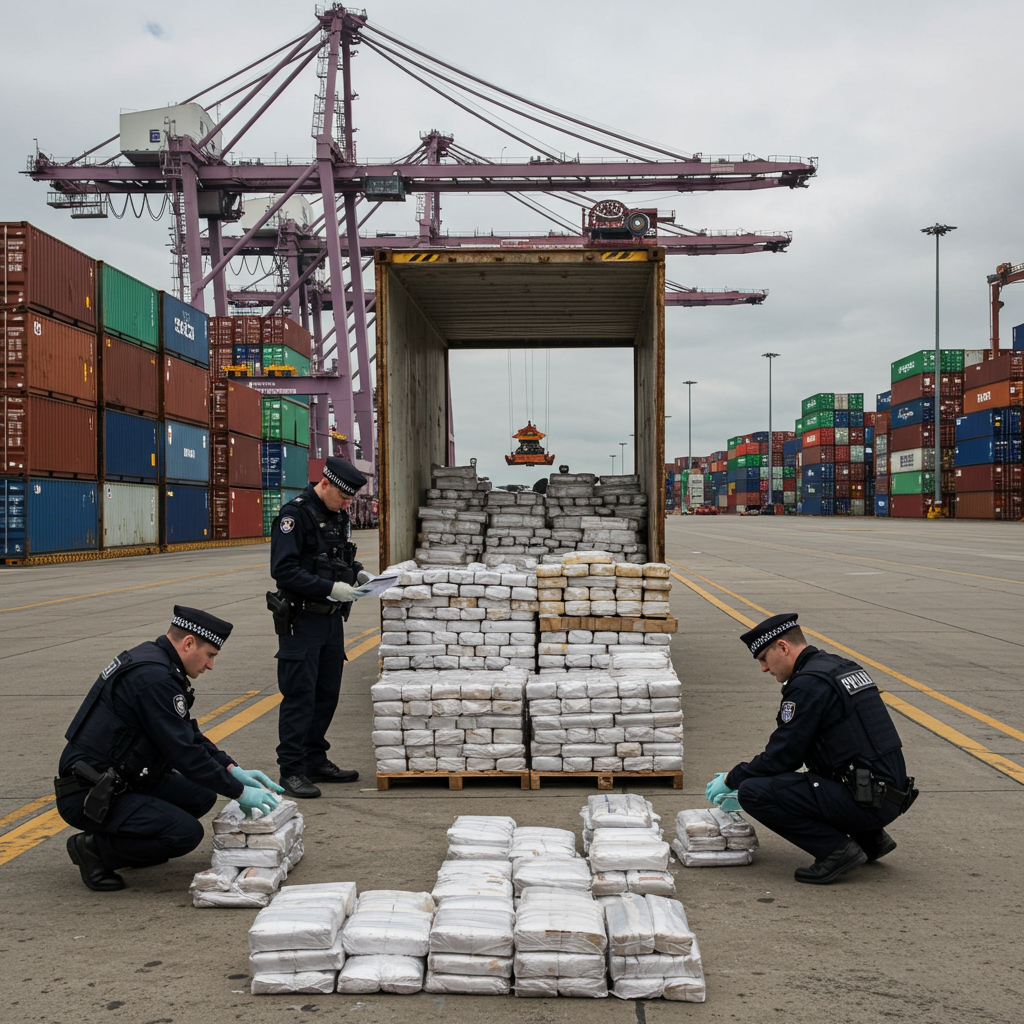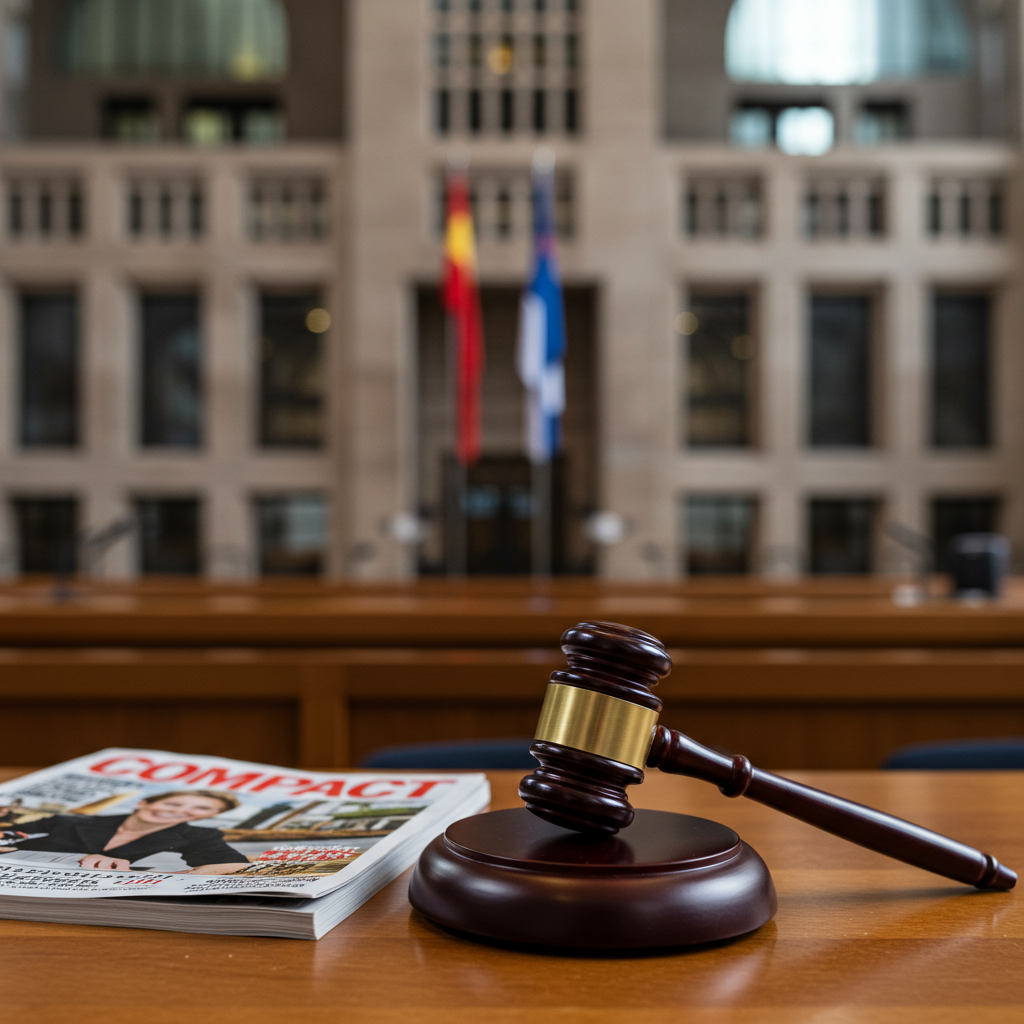Europe Faces Uncertainty Over US Commitment Ahead of Critical NATO Summit
As NATO leaders gather in The Hague this week for their annual summit, a palpable sense of unease hangs over Europe. The traditional transatlantic alliance, which has served as the bedrock of European security for 75 years, faces a significant test. European nations are grappling with deep uncertainty about the reliability and focus of their long-standing ally, the United States, particularly amidst a turbulent global landscape marked by an aggressive Russia and escalating tensions elsewhere.
This environment stands in stark contrast to the alliance’s 75th-anniversary celebration just a year prior. That summit, held in Washington, D.C., saw 32 nations united under the banner “Stronger and safer together, in NATO,” feeling reinvigorated by the transatlantic bond and unified against Russian aggression in Ukraine. However, experts point to a decisive shift approximately six months ago, coinciding with Donald Trump’s return to the White House.
A World on Edge: Multiple Crises Strain the Alliance
The current geopolitical picture presents unprecedented challenges across multiple theaters. As Alexandra de Hoop Scheffer, president of the German Marshall Fund of the United States, notes, simultaneous crises are unfolding on the European continent with the ongoing war in Ukraine, alongside rising tensions in the Indo-Pacific region and escalating conflict in the Middle East.
This confluence of crises creates a complex dynamic. According to De Hoop Scheffer, it inherently “incentivizes the United States to re-prioritize the way it is involved on the European continent,” a reality European allies are increasingly recognizing they must prepare for.
Adding to Europe’s anxieties, a recent significant development saw the US conducting airstrikes against nuclear sites in Iran just days before the NATO summit. While framed by the administration as necessary action, these strikes were viewed by some US political figures, like Senator Mark Kelly, as a “gamble with no endgame,” potentially increasing risk without clear strategic benefit and raising concerns about the administration’s unilateral approach and lack of congressional consultation. For European allies already worried about US focus, this action brought a new dimension of Middle Eastern instability directly to NATO’s doorstep, appearing to underline the US shift in priorities.
European Leaders Push for Self-Reliance and Increased Defense Spending
In response to these shifting dynamics and perceived signals of potential US disengagement – including reports from earlier in the year suggesting Washington and Moscow were discussing the Ukraine conflict with limited European involvement – European leaders have increasingly stressed the need for greater self-reliance.
NATO’s new Secretary General, former Dutch Prime Minister Mark Rutte, has been a vocal proponent of this shift. He is actively pushing member states to make a “quantum leap” in their defense capabilities and significantly ramp up spending. Rutte argues for commitments “considerably more than 3%” of their economies on defense, well above the existing 2% NATO target, to build robust defenses, including a “400-percent increase” in air and missile defense against threats like Russia.
This push for increased defense spending isn’t new. Months prior to the summit, European leaders convened an emergency meeting in Paris, partly spurred by what French President Emmanuel Macron called a “shock to the system” from strong critiques by some US officials regarding European security commitments and a perceived willingness to sideline Europe in key negotiations. That meeting saw a consensus among European leaders on the “absolute necessity” of boosting military expenditure for the continent’s self-defense, even as they underscored the vital role of a continued US “backstop” in deterring Russian aggression.
Rutte has issued stark warnings, suggesting that the danger from Russia will persist long after the Ukraine war concludes. He points out that since the Cold War, Europe benefited from a substantial “peace dividend” under American military protection, allowing investment in social welfare systems. Now, Europe must make difficult choices. In a blunt assessment of the consequences of failing to invest in defense, Rutte warned, “You could still have your health systems, the pension system… but you better learn to speak Russian.”
Ukraine’s Existential Struggle and Europe’s Future
For Europe, the conflict in Ukraine is not just a distant war but an existential threat. Experts like Alexandra de Hoop Scheffer emphasize that Europe cannot afford for Ukraine to lose. While Ukraine’s NATO membership is not on the table this year, the war has paradoxically intertwined Ukraine’s future deeply with that of Europe.
The ongoing conflict, now stretching beyond three years, necessitates substantial continued support for Kyiv. Furthermore, Ukraine’s battlefield innovations and capabilities, particularly with drones, are seen as vital components for the future development of a European military-industrial base.
The Future of the Transatlantic Alliance
Amidst these complex challenges, the mood among some observers, such as Sylvie Kauffmann writing in Le Monde, is one of uncertainty regarding the summit’s outcome. With the “American ally has became so elusive and hostile,” predicting how the discussions will unfold is difficult.
Given the perceived need for focus in a high-stakes environment, the 2025 NATO summit is notably concise, lasting only two days with a streamlined, single-page final communiqué.
Some voices within Europe are beginning to openly discuss the possibility of reinventing the transatlantic alliance, perhaps even moving away from traditional US guardianship. While the exact path forward remains unclear, there is a growing consensus: NATO as it has existed for the past 75 years is fundamentally changing.
Ultimately, as De Hoop Scheffer concludes, this summit underscores a critical turning point where Europeans must stay together, seriously step up, and collectively commit to their own security and defense. For Europe, she asserts, “We don’t have a choice.” The urgent task ahead is for the continent to define its own future within a dramatically shifting global order.



